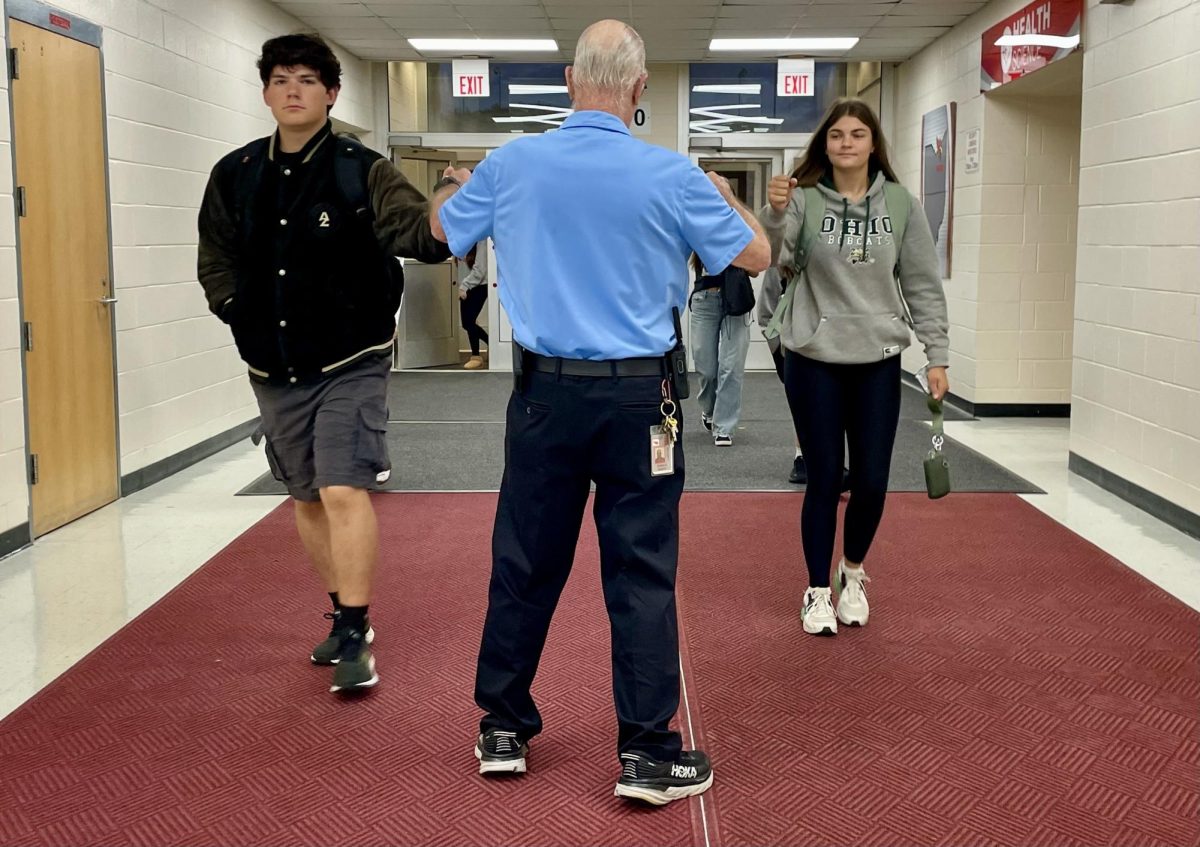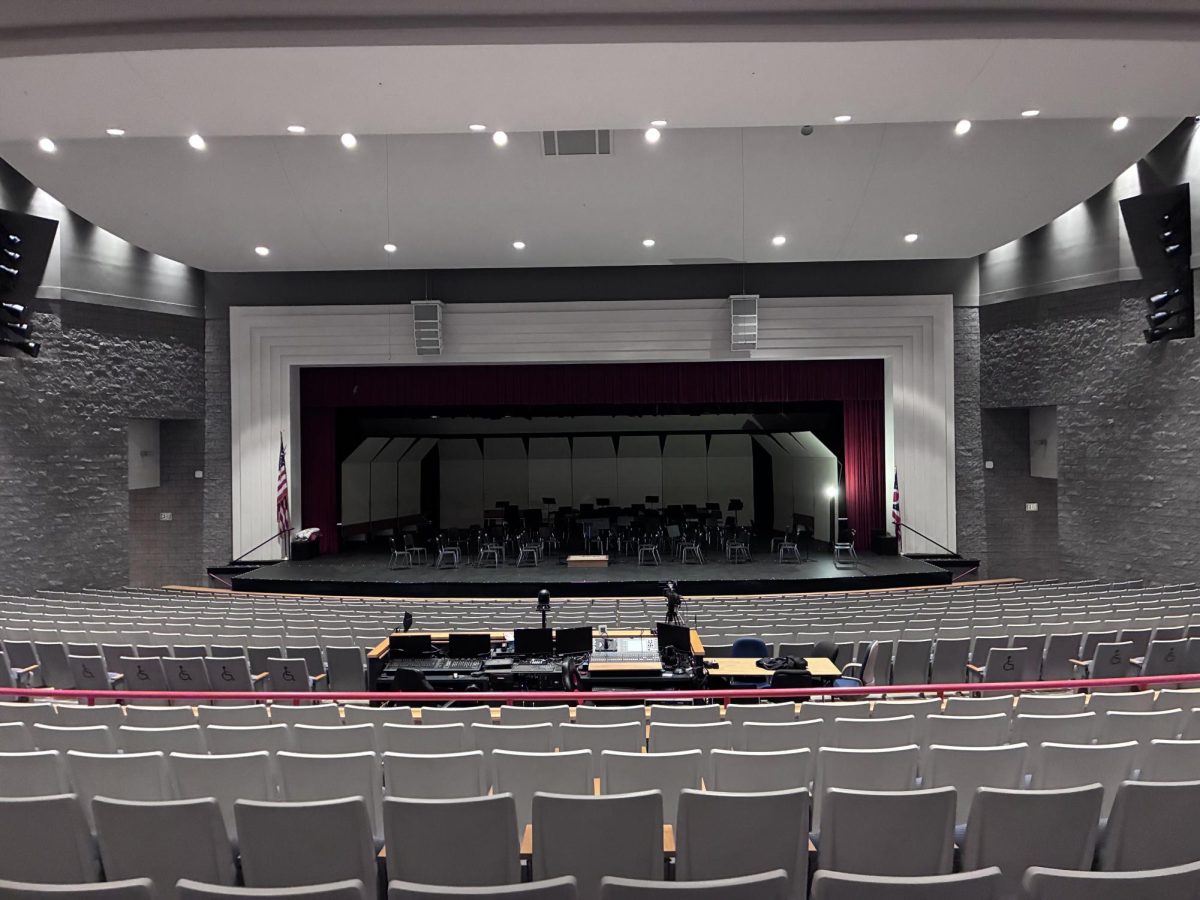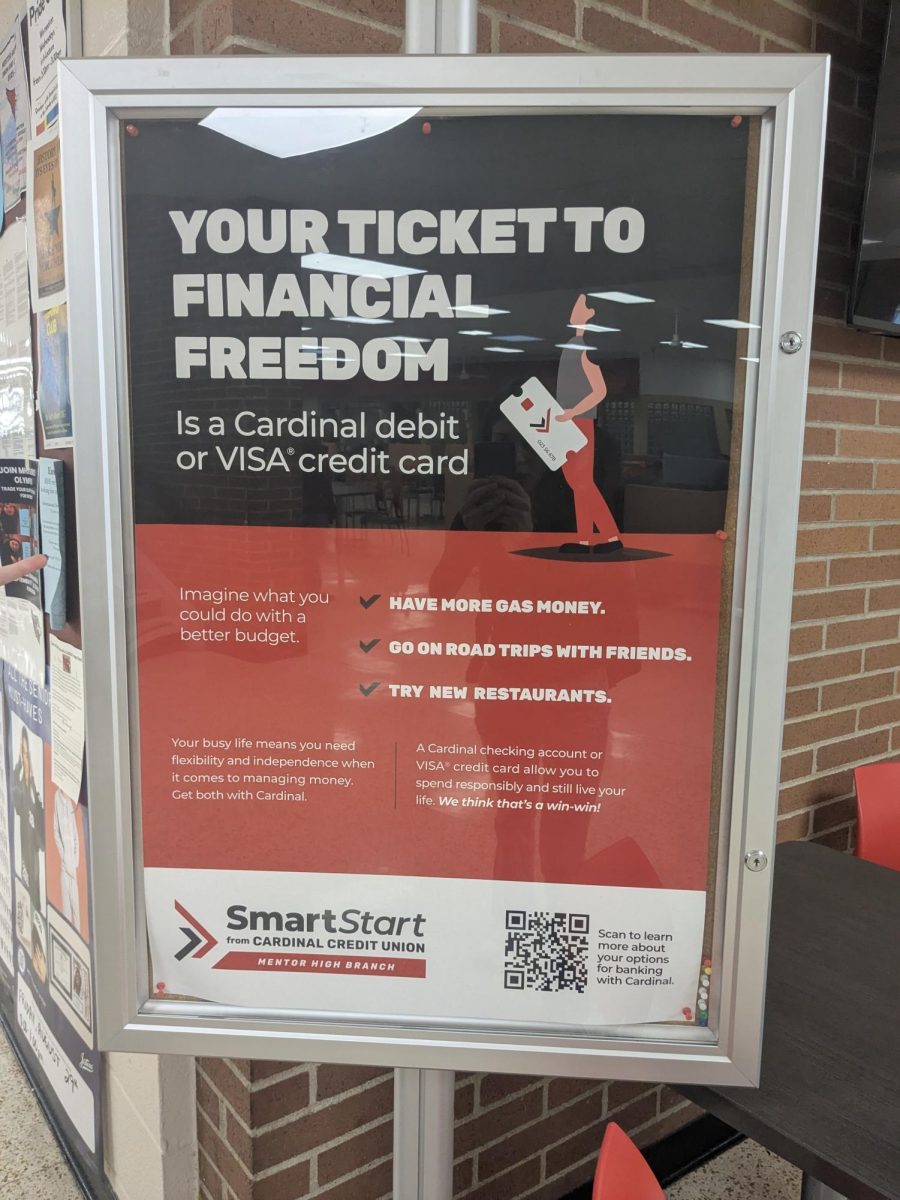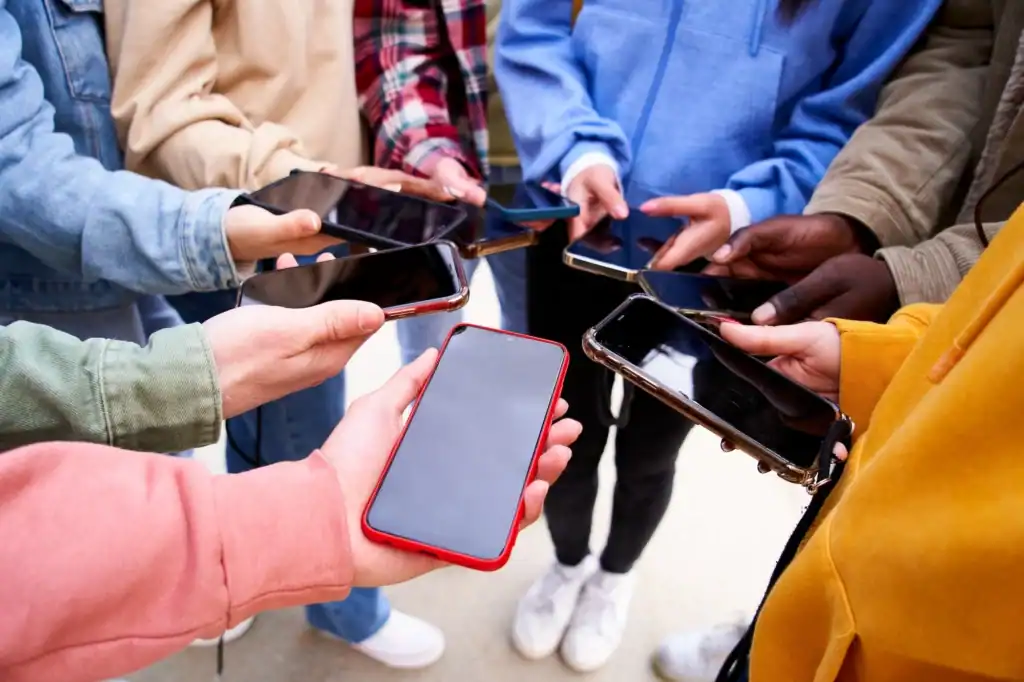Should students have a voice in the board policies that shape their daily lives? For years, school policies have been created by adults, yet students rarely get a say, and we are the ones greatly impacted by these policies. When students are given the opportunity to provide their opinions, they are able to have a say in matters that ultimately affect them more than anyone else in the school. Students spend 30 hours a week at school, not including athletics or extracurriculars. Shouldn’t this mean that students should have a say in board policies that affect their everyday lives?
Exploring the Benefits
If students were able to have a say in board policies, they would be able to practice a multitude of skills needed in their futures. First, students would be able to practice democratic norms that are reflected in the political system of our country. In classes such as American Government, American History, and Economics, we are taught certain skills needed for future societal success and how to form opinions that are well-educated and make informed decisions. However, it is paramount that students be able to practice these skills so they are adequately developed. If schools were able to provide students with civic participation practice, we would be able to foster skills that help students in their future with voting on legislation, policies, and political nominees.
In the modern day, we are seeing a decrease in voter turnout from ages 18-29. According to Circle Tufts Education, an estimated 42% of young voters from ages 18-29 cast ballots in the November 2024 election. This is a decrease from 2020. Furthermore, only 14% of all ballots were from young voters with this rate being 3% higher in 2020 at 17%. This continuous decrease shows a major issue.
According to The Center for American Progress, “As of 2019, only 23 states included student members on their state Board of Education,4 which sets school policy. The majority of those students were nonvoting members, so their influence at the state level was limited.” The limited opportunities presented to students in school may relate to the low voting numbers in political elections. Students may feel that their singular vote may not count in large elections, but if they are exposed to voting, this may increase vote turnout in younger adults.
Providing students with the opportunity to vote on the board and in school policies would allow them to become interested in the voting process and may increase turnout in future elections.
This voting could be done through student seats on the Board. Currently, there are 5 members on the Board. Creating student seats on the Board would allow for the students of Mentor to be included in discussions regarding policies that directly affect them. At Mentor, we have a student body president, so what we could do is have that person represent us at school board meetings, or we could create a different position that is strictly for representing us at school board meetings.
If students could have a representative, they would also be able to contribute to policies that are important to them specifically. When students can contribute to these policies, they are more likely to have a better attendance record and more satisfaction with their school system. Students will feel more valued and motivated in school activities if they feel that adults are taking the time and effort to let them have a say in what is important to them.

Voting can also encourage responsibility among students. If students are voting on and choosing policies to support, they are going to follow the policies they support. This will lead to a decrease in behavior issues and will increase respect for authority figures in school and administration.
Lastly, the administration would have a greater insight into the needs of students. This increased insight would allow for greater engagement with students and would obtain mutual respect between students and administration. This would have an effect on students, administrators, parents, the community, and the district. Building trust between students and administration is a necessity, and this is how we could obtain it.
While there are matters surrounding the district that students do not need to have a say in, most matters revolve directly around us, so give us a voice so that we can contribute to the decisions affecting our school and community. As an example, the “No Cell Bell to Bell” only affects students, so if we were given a say during that board meeting, we may have been able to argue our side and had a say during the vote for the policy.
Current Efforts by Administration
Some efforts have been made by the administration to increase student engagement in board policies and get student opinions. The Principal Advisory is a group of students from all grades that voluntarily joined to increase their knowledge of school administration policies, and new policies being put into place, and provide their opinions on school activities and future engagements. This program allows students to voice their opinions on current issues facing the school. This was a step in the right direction for the school, but more could be done.
Currently, there are only some students involved in the advisory board, and these students only meet once a quarter. This is too long of a period and there are major changes made in between these periods that students would like to be able to discuss before certain policies are instated. While the Principal Advisory was the first step, the next step needs to increase student engagement throughout the entire student body, not just those who choose to meet once a quarter.
Another effort made by the administration was having open board meetings. The Board of Education meets on the first Tuesday of every month and discusses current issues facing the district, new and changing policies, and also allows residents to bring issues to the floor. These meetings last a few hours every month and allow for certain issues to be discussed at length, which increases attention and participation in school matters, but students still do not have enough of a voice.
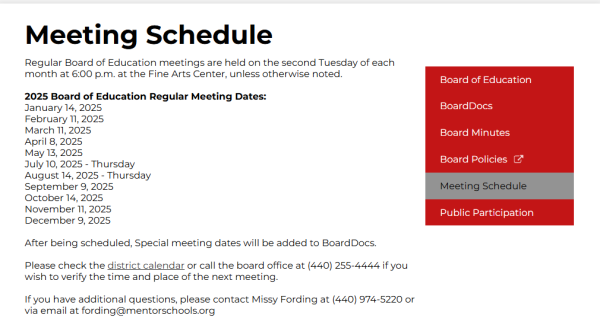
By empowering students to participate in decision-making, we create a more engaged, responsible, and motivated generation that will thrive both in and outside of school. Preparing students to be successful later in life is the entire goal of education, so let’s accomplish this together and foster a generation of students who can make an educated difference.





